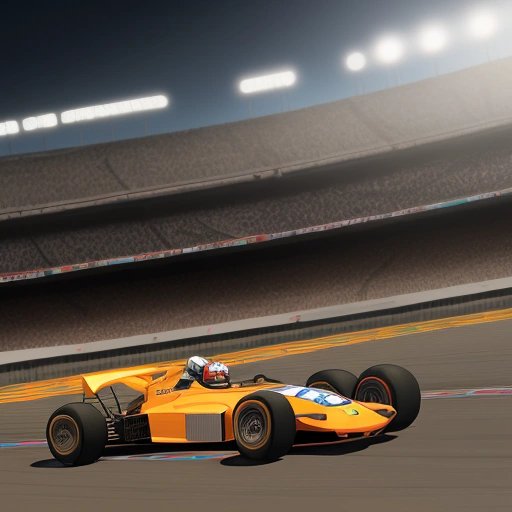In the fiery heart of Silicon Valley, in a sun-bleached amphitheater known only to the true machine whisperers, witnessed, if you dare, the greatest brawl in the annals of computing - the Great Brew-Off: Java vs C#!
Ladies and Gentlemen! Nerds and Nerdettes! Geeks and Geekesses! Fork your repositories, commit your changes and brace your something-something dark side for an altercation unlike any other. Look to your left and gaze upon Java, the granddaddy of business applications, strapping on its boxing gloves with the 'Object-Oriented Programming' emblazoned across the knuckles.
And on your right, donning a cape that flutters with the symbols of Lambda Expressions, behold C# in all its multi-paradigm splendor.
So, who would emerge victorious in this titanic clash?
Round #1. Syntax. Ding ding ding!
Java, quite the verbose contender, lands with strong statement punches, not backing down even an inch. With its strongly typed boxing stance, every blow is crisp and clear as day. No space for magic here, Java asserts, letting its fists speak to its static methods.
But Aha! With sly smirk shrouded under its 'type inference' hood, C# slips out of Java's attempted jabs, launching swift counter-attacks. C# dances around the arena, utilizing its dynamic typing and impressive array of boxing styles, ranging from procedural to declarative. Sneakily, it strikes Java with the power of 'var' and 'out', leaving Java in a whirlpool of semantic uncertainties.
And as the dust settles, the crowd leaps to its feet, cheering. Syntax, it seems, is a matter of taste; While Java had its punches, C# clearly dominated with its dance and finesse.
Round #2. Performance. Annnnddd... Ding!
As the bell rings, C# rockets forward with a sense of urgency, boasting Just-In-Time compilation. It's a furious charge, leaving Java seeming slow and ponderous in comparison. But wait! Java is not to be outdone! Its threads bob and weave, its fine-grained synchronization model proving ominous as it hitches a fast ride on the multithreading super-highway.
But, alas, in the hurricane speed of HTTP requests, C# stands firm, harnessing the force of asynchronous operations with its async-await knight's move, leaving Java gasping for breath in the parallel realm. The audience gasps as the victor of the round is evident: C#, with its nimble navigation of performance barriers.
Round 3. Libraries. Let the bloodbath begin!
As the bell tolls, the arena darkens, and a spotlight beams down on Java. With its grandiose troop of libraries, it flexes its APIs. From the ever-reliable Apache commons to the data gymnastics of Spring Boot, Java's artillery seems unending. It's a visual spectacle like none other, under the arena's spotlight, Java flaunting its mastery over data manipulation, backend programming, and, of course, the daunting machine learning algorithms.
Not one to be left out, C# stands tall, rolling out its arsenal of .NET, offering a dazzling array of foundational libraries, graphics libraries, networking libraries, and gaming libraries - each a testament to C#'s versatile adaptability across different domains.
As the dust settles, the scorecards reveal a tie. Both contenders showcased their prowess and demonstrated their utility in diverse application fields.
And thus, the Great Brew-Off draws to a spellbinding close. In this colossal gladiatorial face-off, no one reigns supreme. In the end, it was less a competition and more a celebration of diversity, a dance between two unique choreographies of code, and we were all the winners for being privy to such a spectacle.
In the grand amphitheater of computing, under the watchful silicon gods, the code is king, and every language its loyal subject. With the setting sun, the audience disbands, but the echoes of this epic duel continue to resonate. For such is the beauty and magic of the digital universe - where Java and C# engage in eternal battles and, at once, exist in harmonious convergence.


